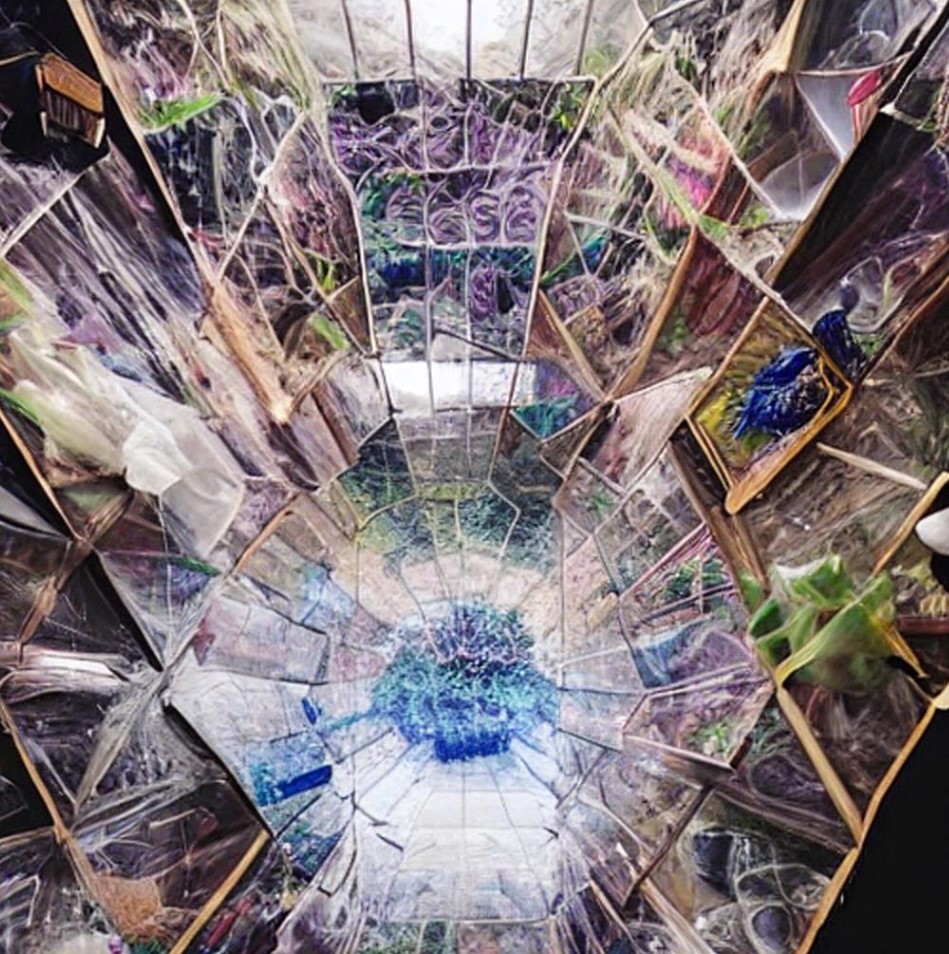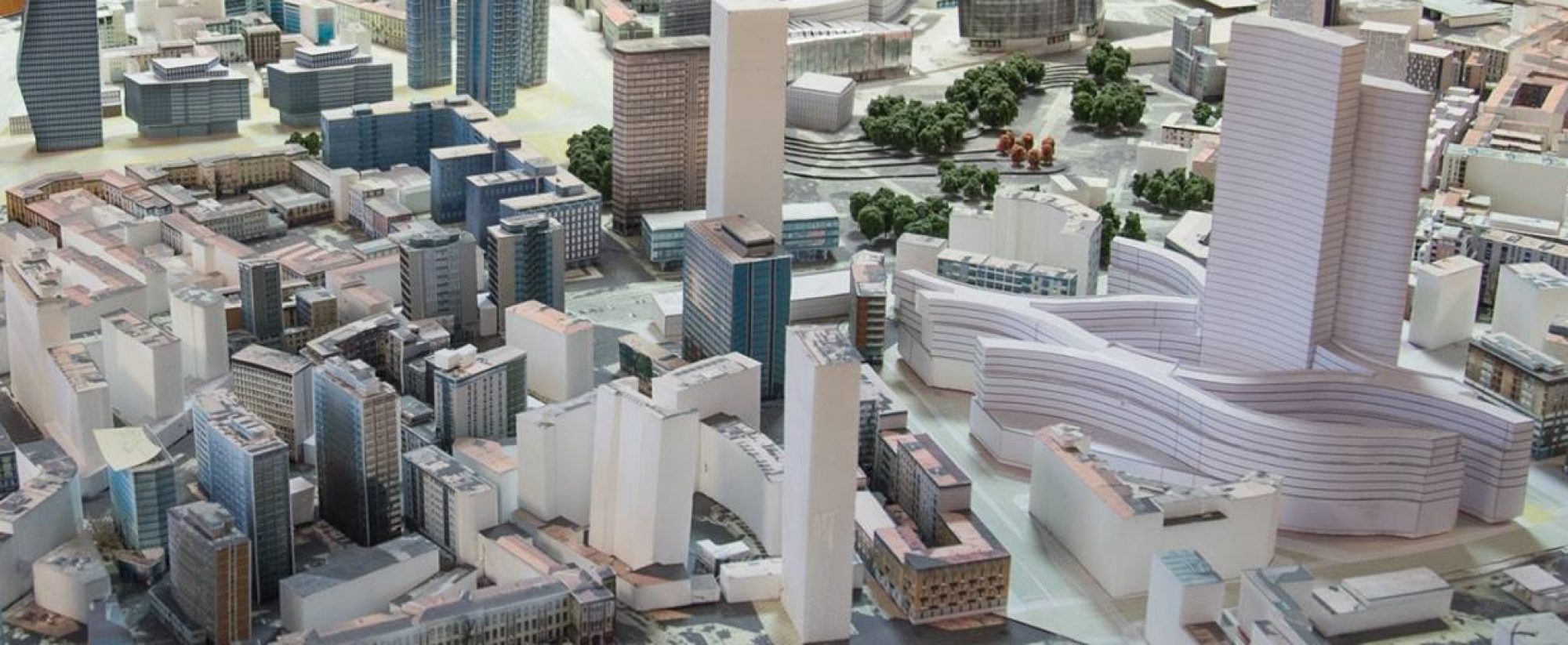Climate Wunderkammer
A collateral event at the Venice Biennale 2023

| Call for contributions! [read the whole document here] Do you have a personal story and experience about the impact of climate change? Do you have a solution? … Then contribute to the archive of the Climate Wunderkammer! |
||
| If the answer is in the affirmative, please apply as follows:
Step 1 / by March 10 Step 2 / by March 29, 2023 |
‘Climate Wunderkammer’, aims to immerse ourselves in a multi-sensory experience of climate change impact while sharing practical solutions to address and adapt to it. It consists of a hybrid (physical and virtual), interactive and co-created installation.
This installation exhibits a collection of narratives from our planet through drawings, videos, and voice recordings, a Wunderkammer of messages in bottles to open and discover. In each story depicting the threat and impact of climate change, we present tentative answers to adapt or address the new condition to inspire places undergoing similar climate trends in the future. We believe that the climate has no borders and that no one can solve this global issue alone on a local scale. This archive of narratives will generate the seed for setting up a global platform for sharing knowledge and mutual learning, especially learning from the most fragile places undergoing the impact of climate change.
The ‘Climate Wunderkammer’ anticipates what it means to live this unique experience in everyday life, learning from places already undergoing comparable transformations due to climate change. It shares the narratives, experiences, and emotions of the students of the participating universities derived from the tangible impacts of climate change. The students are young and might have limited memories of the past. However, they apprehend how rapidly transformations are happening. Young generations can help us make the “invisible visible” by comparing before and after the climate event hit our regions, communities, and places. The exhibition also presents the tools and solutions implemented to address climate change.
We use multiple media to give back a multi-sensory experience: projections, sounds, tangible objects, and materials collected in the ‘Climate Wunderkammer’, a wall with bottles containing narratives and envisioned solutions; a central interactive table with the world map, an atlas illustrating climate hazards events and organized according to the taxonomy and the tags used in the repository.
The ‘Climate Wunderkammer’ will travel worldwide and generate an incremental repository of stories and solutions organized and categorized according to the climate-related risks taxonomy, world regions and places, and typology of adaptation or mitigation measures. The goal is to build a collaborative platform for sharing knowledge and enable learning from each other to simulate future climate scenarios and understand which challenges and actions we will have to face to fight and adapt to new conditions and become more resilient.
| The theme of the 18th Venice Architecture Biennale is about imagining different futures. Climate change and the accompanying ecological degradation is creating a world unknown to current generations of human which requires a mindset of resilience and hope if we are to navigate the challenges ahead. Designers are faced with three challenges. The first is to find ways to address the immediate challenges of specific, predictable disasters, the second is a more proactive adaptation of the built environment through measures such as diversity and adaptability to as yet unknown challenges, and the third, more profound challenge, is to transform our ways of being and doing so that we can create a better world from the ashes of the old. These three challenges inform the themes around which the project is structured. |
A project promoted by: RWTH Aachen University, Politecnico di Milano, IUAV University of Venice, the Delft University of Technology, Chalmers University, the University of Alexandria, German Jordanian University, the University of Pretoria, and Singapore University of Technology and Design.
Curators: Christa Reicher, Ceren Sezer (RWTH), Eugenio Morello (POLIMI), Francesco Musco (IUAV).

